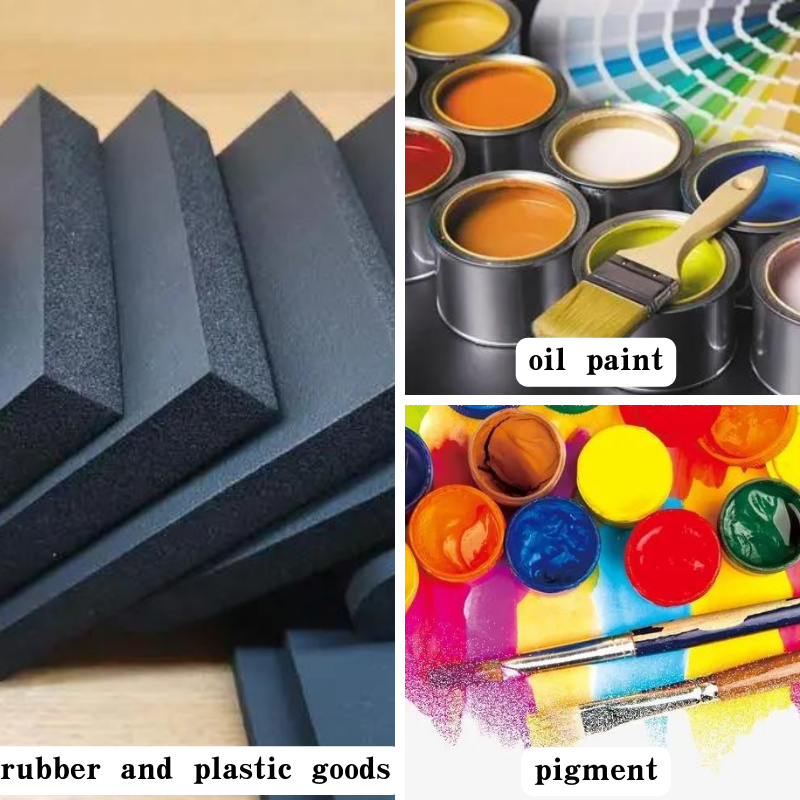
Exploring the Unique Properties of Chinese Zeolite Minerals and Their Applications
Exploring the Wonders of China’s Zeolite Rocks
Zeolite, a naturally occurring mineral, has been a topic of interest for geologists, environmental scientists, and industries due to its unique properties and applications. Among the locations where zeolite can be found, China stands out as one of the richest sources of these remarkable rocks. In this article, we will delve into the characteristics of zeolite, its significance in various fields, and the diverse implications of its mining and use in China.
Zeolites are hydrated aluminosilicate minerals that form in volcanic rocks, characterized by their porous structure and ion-exchange capacity. This unique framework allows zeolites to trap water and nutrients, making them invaluable in various applications. There are over 40 different types of natural zeolites, with clinoptilolite being the most abundant and widely used.
Exploring the Wonders of China’s Zeolite Rocks
One of the most notable applications of zeolite is in agriculture. Its ability to retain water and nutrients makes it an excellent soil conditioner. Farmers across China have embraced this natural mineral to enhance soil fertility, improve water retention, reduce the need for chemical fertilizers, and promote sustainable agricultural practices. As the country grapples with food security and environmental degradation, zeolite offers a promising solution to enhance agricultural productivity while minimizing ecological impact.
china zeolite rocks

In addition to its agricultural benefits, zeolite is increasingly being utilized in the water treatment industry. Due to its ion-exchange properties, zeolite can effectively remove heavy metals, ammonia, and other pollutants from wastewater. With rising concerns about water pollution in China, especially in industrialized areas, zeolite presents an eco-friendly option for water purification. Its natural abundance makes it a cost-effective choice for municipalities and industries looking to improve water quality.
Another significant area where zeolite is making an impact is in the field of construction. Zeolites can be used as an additive in cement and concrete, enhancing their durability and strength. The incorporation of zeolite in building materials not only improves their performance but also contributes to sustainability in construction. As China continues to develop its infrastructure, the demand for sustainable materials like zeolite is expected to rise.
However, the mining of zeolite is not without challenges. As with any natural resource extraction, there are environmental concerns, including habitat destruction, soil erosion, and water contamination. It is vital for mining operations in China to adopt sustainable practices to mitigate these risks. This includes restoring mined areas, minimizing waste, and strictly regulating extraction processes.
Furthermore, the economic potential of zeolite mining in China cannot be overlooked. The increasing demand for zeolite across various sectors presents an opportunity for local economies to thrive. By tapping into this resource responsibly, China can support its local communities while providing valuable materials for global markets.
In conclusion, China’s zeolite rocks represent more than just geological formations; they embody a wealth of potential across multiple industries. From enhancing agricultural practices to improving water treatment processes and contributing to sustainable construction, zeolite is set to play a pivotal role in addressing some of the pressing challenges faced by modern society. As we continue to explore and understand the myriad applications of zeolite, it is imperative to balance economic benefits with environmental stewardship, ensuring that this natural resource serves both the present and future generations.
Share
-
Fly Ash Solutions Enhanced by GPT-4 Turbo | Sustainable InnovationNewsAug.01,2025
-
Natural Premium Bentonite Cat Litter - Superior ClumpingNewsJul.31,2025
-
Premium Resin Coated Sand - High Heat Resistance CastingNewsJul.31,2025
-
High Quality Silicon Carbide Grit for Abrasive ApplicationsNewsJul.30,2025
-
High-Quality Ceramsite for Plants & Gardening | Lightweight PebblesNewsJul.29,2025
-
Premium Burgundy Glass Marbles for Vases & Shooter GamesNewsJul.29,2025






